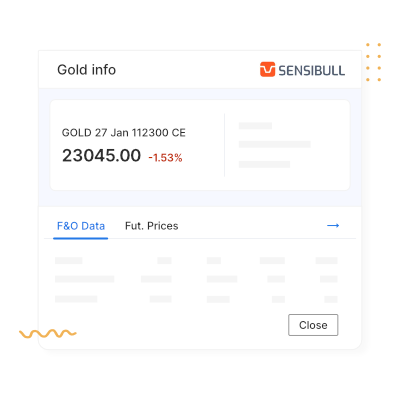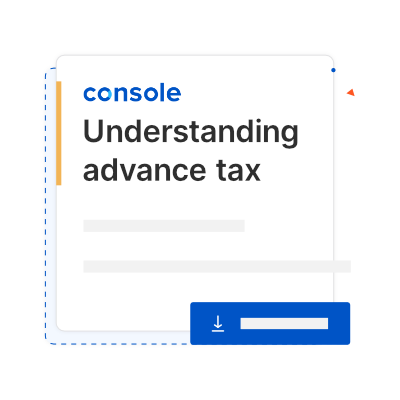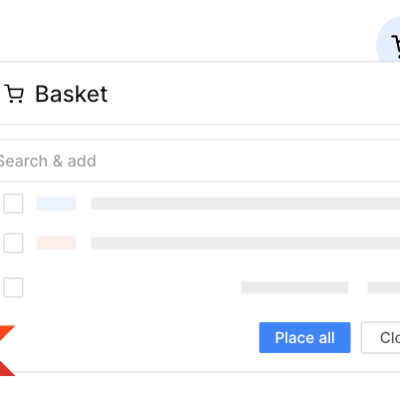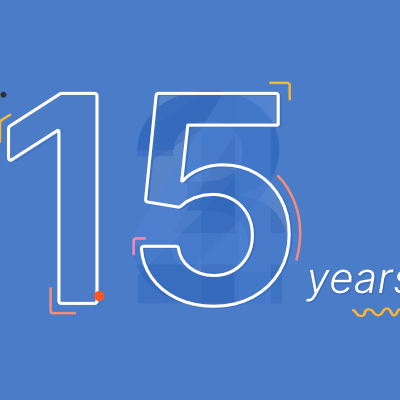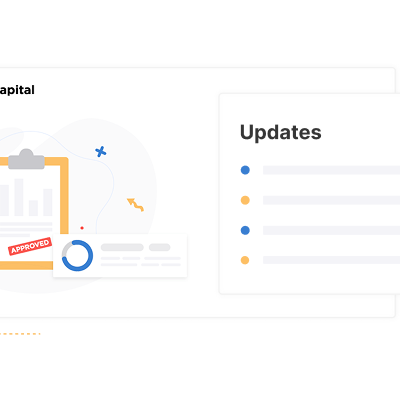Removal of calendar spread margin benefit for single-stock derivatives on expiry day from May 5, 2026.
Starting May 5, 2026, calendar spread margin benefits will not apply to stock F&O spreads if one of the contracts in the spread expires that day.
Here’s all you need to know. 👇
Calendar spreads let traders hold offsetting positions in F&O contracts across different expiries, which lowers margin requirements because the overall risk is lower. Until now, this margin benefit was available for single-stock derivatives even on the expiry day, including when one leg of the spread was expiring.
SEBI has now aligned single-stock derivatives with index derivatives. On the expiry day, if one leg of a calendar spread is expiring that day, the spread will no longer receive margin benefits.
For example, consider a calendar spread in Reliance futures, buying February futures and selling March futures (1 lot each).
The margin for a single futures contract is around ₹1.3 lakh per lot. With the calendar spread benefit, the February–March spread requires only about ₹26,000 per lot.
Currently, this reduced margin applies even on February’s expiry day.
Once the new rule takes effect, the February–March spread will not receive the calendar spread benefit on the day the February contract expires.
As a result, the required margin can rise from about ₹26,000 per lot to roughly ₹2.6 lakh per lot (₹1.3 lakh for each contract).
In addition, existing physical delivery margins continue to apply for stock contracts nearing expiry: https://support.zerodha.com/category/trading-and-markets/trading-faqs/f-otrading/articles/policy-on-physical-settlement
If you instead hold a March–April spread, the margin benefit will continue, since neither contract is expiring.
The reason for this change is risk management. When the current month’s contract expires, margins on the remaining open position can rise sharply. Removing the benefit on expiry day allows traders to adjust positions or bring in margins in time.
Link to the SEBI circular.

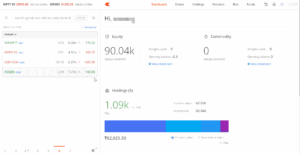


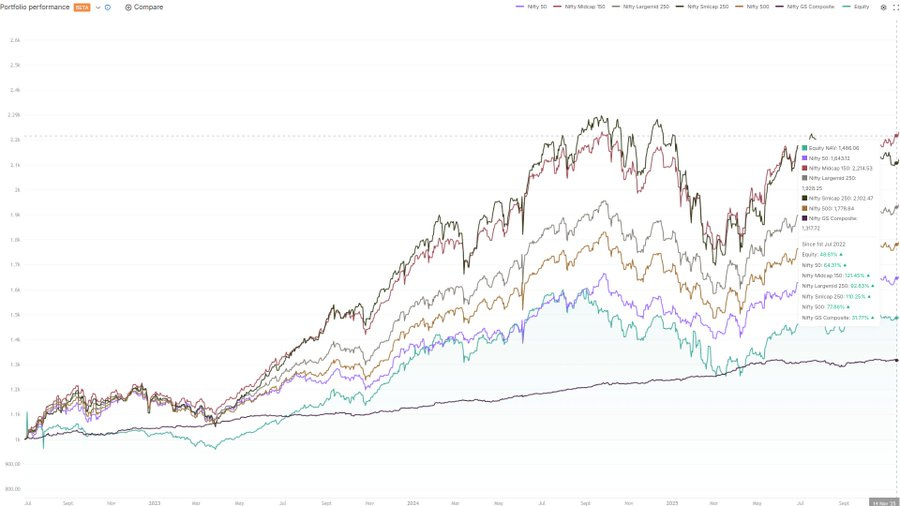


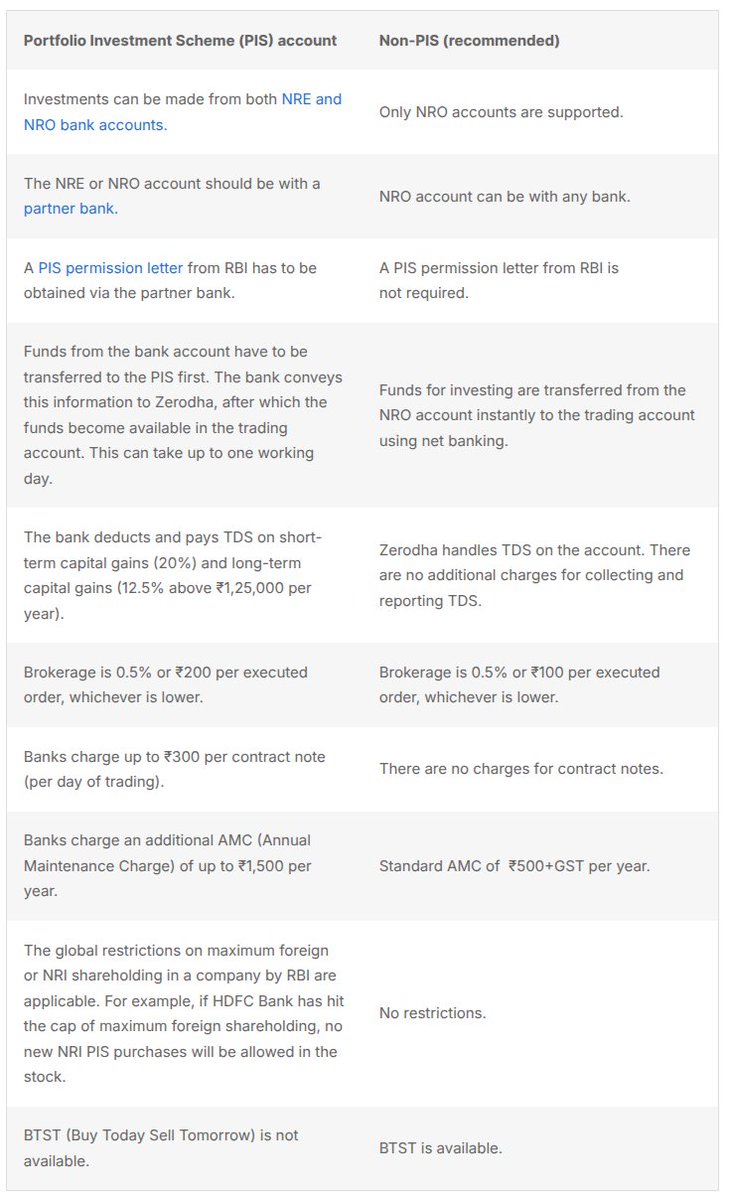
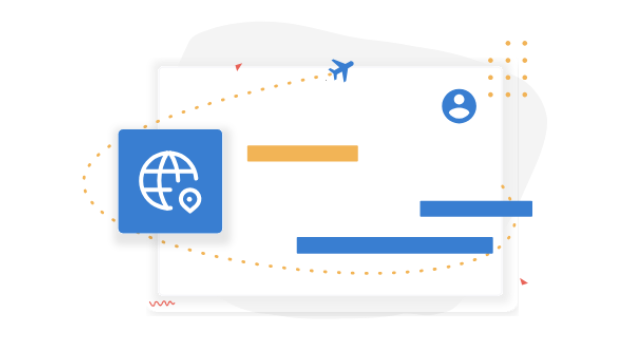

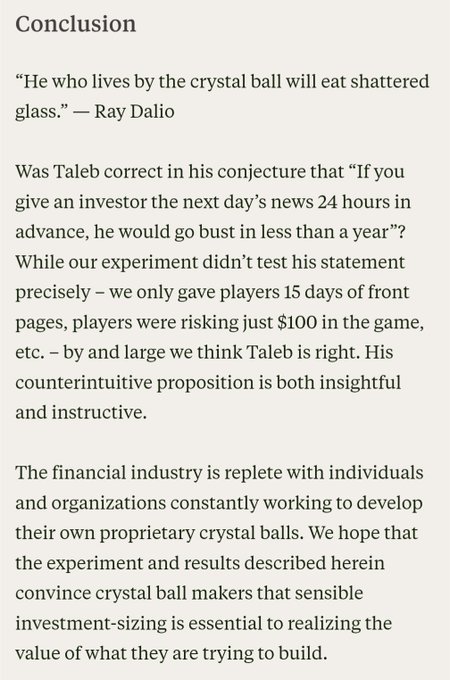

 52
52
